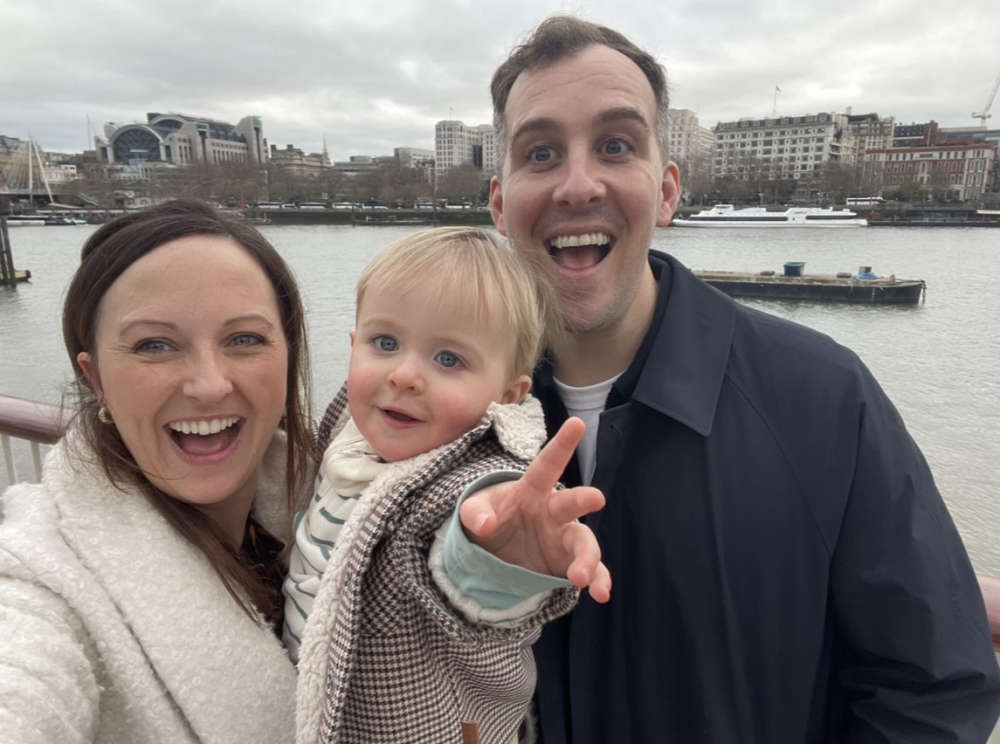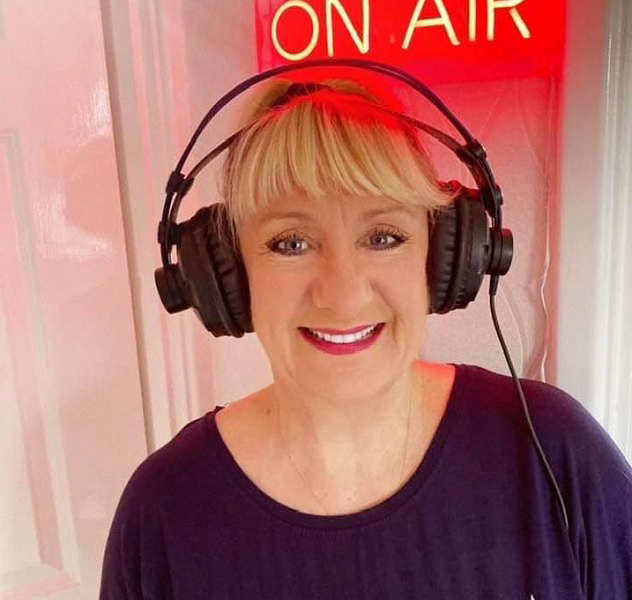
A new study examining the impact of the Covid-19 response in sub-Saharan Africa argues that lockdown was a racist policy because it disproportionately harmed Black people.
Led by Durham University, UK, the study claims there were viable alternatives to lockdowns, but these were inadequately considered because major international scientific and health institutions did not properly consult African nations about how lockdown would affect them.
The paper, ‘Was Lockdown Racist?’, published in the journal Ergo, introduces the concept of “negligent racism”.
It argues that racism can arise without deliberate discriminatory intent, when policy choices foreseeably cause disproportionate harm to certain racial groups, and alternatives are available but ignored.
According to the study, living conditions in sub-Saharan Africa – including overcrowded homes, shared water sources, informal employment, and communal sanitation – made lockdown particularly harmful and relatively ineffective in preventing Covid-19's spread compared to wealthier regions.
Lead author, Professor Alex Broadbent, of Durham University’s Department of Philosophy, explained:
“If city authorities neglect how a policy might impact a district predominantly inhabited by Black residents, we would readily call that policy racist – even without provable discriminatory intent.
“Similarly, global lockdown policies were developed around conditions prevalent in wealthy countries without genuinely considering or adequately consulting about their impact in African contexts, home to the majority of the world's Black population.
“Scientific and health organisations could have suggested alternatives, but chose to push policies that foreseeably caused greater harm and offered less benefit to the “district” of the world occupied by 1.2bn Black people.
“International agencies and scientific institutions need to seriously reflect on their decision-making processes.”
The authors advocate for a significant shift in global public health decision-making processes, urging international health bodies and policymakers to actively include and give voice to diverse perspectives, particularly from regions disproportionately affected by global decisions.
Professor Broadbent added: “It's not enough to blame existing inequalities.
“Decisions were made, which exacerbated those inequalities.
“Decision-makers in global health must actively and genuinely include those who are impacted the most, or these avoidable injustices will continue.”
Co-author of the study, Dr Pieter Streicher of the University of Johannesburg, said: “There is nothing intrinsically racist about telling a population to stay at home.
“But doing so – in the context of the Covid-19 pandemic – invariably distributed burdens differently in Africa from the centres of power in the Global North, and thus between racial groups.”
Professor Alex Broadbent is Director of the Durham-Johannesburg Centre for Philosophy of Epidemiology, Medicine, and Public Health (CPEMPH), a joint venture between Durham University and the University of Johannesburg promoting interdisciplinary research into the philosophical aspects of public health.
Dr Pieter Streicher is a researcher at the University of Johannesburg.



 Spotlight on dangerous and illegal use of off-road bikes in Co Durham and Darlington as Crimestoppers appeals for information.
Spotlight on dangerous and illegal use of off-road bikes in Co Durham and Darlington as Crimestoppers appeals for information.
 Durham-Based Fostering Agency Celebrates ‘Outstanding’ Ofsted Result
Durham-Based Fostering Agency Celebrates ‘Outstanding’ Ofsted Result
 Fawlty Towers The Play Cast Announced for Sunderland Empire
Fawlty Towers The Play Cast Announced for Sunderland Empire
 Dog Friendly Fun This May At Hopetown Darlington!
Dog Friendly Fun This May At Hopetown Darlington!
 Durham Dad Takes on London Marathon To Say 'Thanks!'
Durham Dad Takes on London Marathon To Say 'Thanks!'



